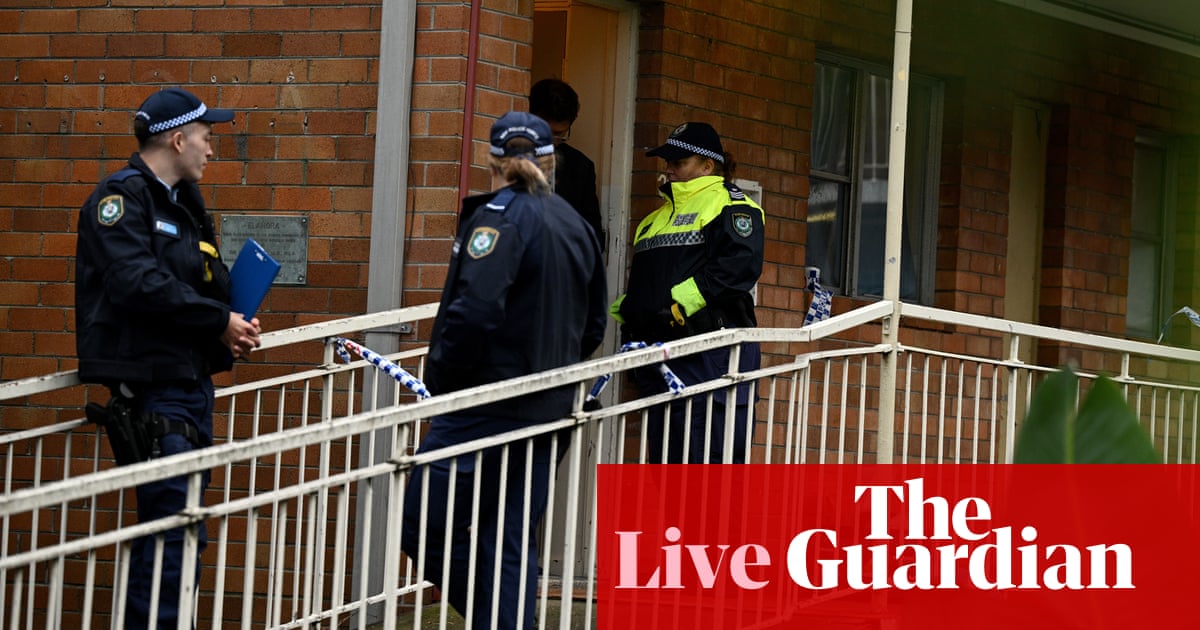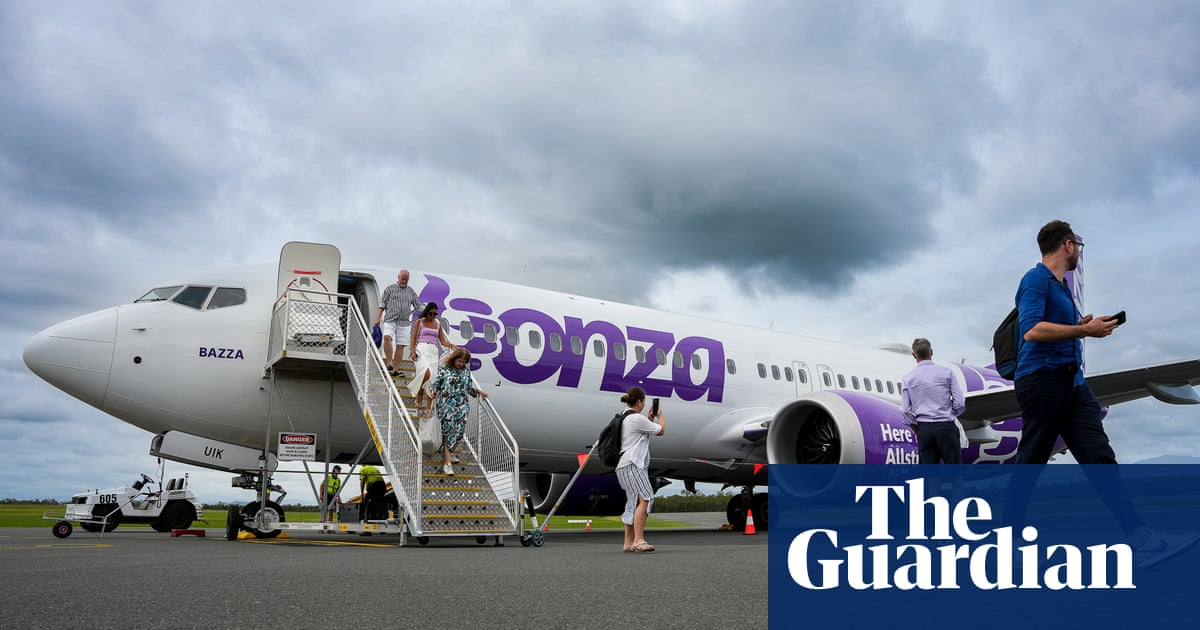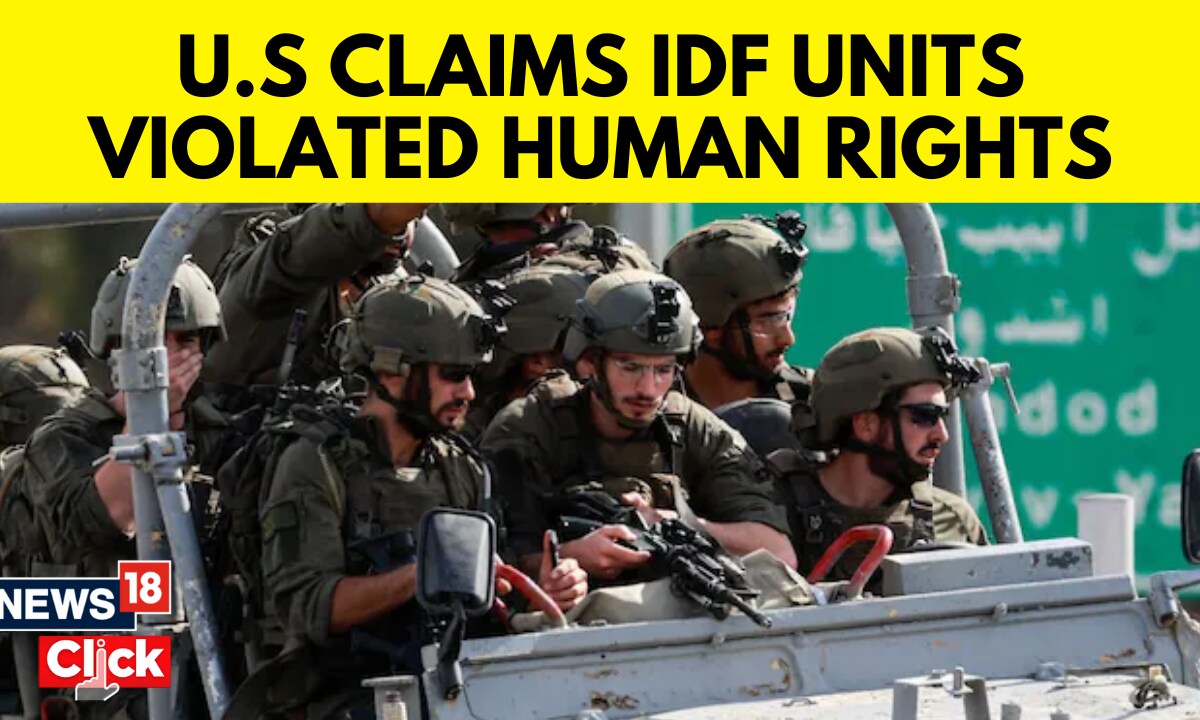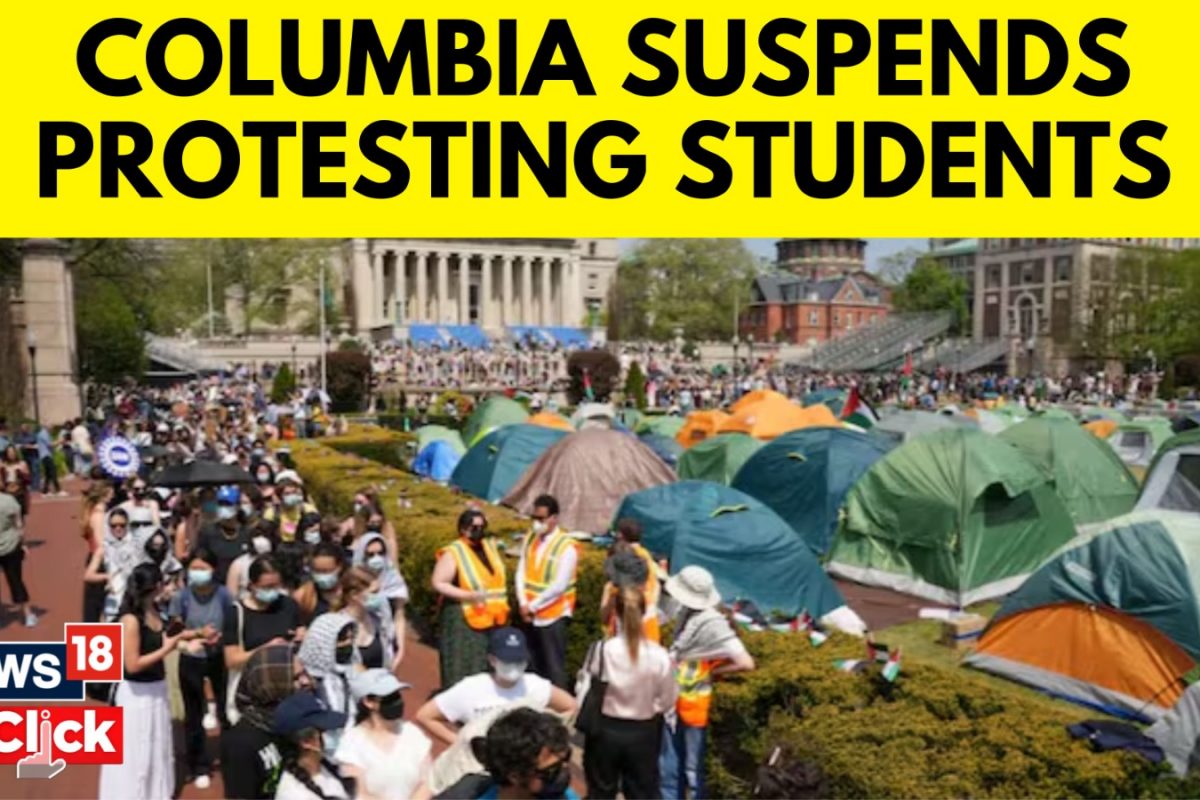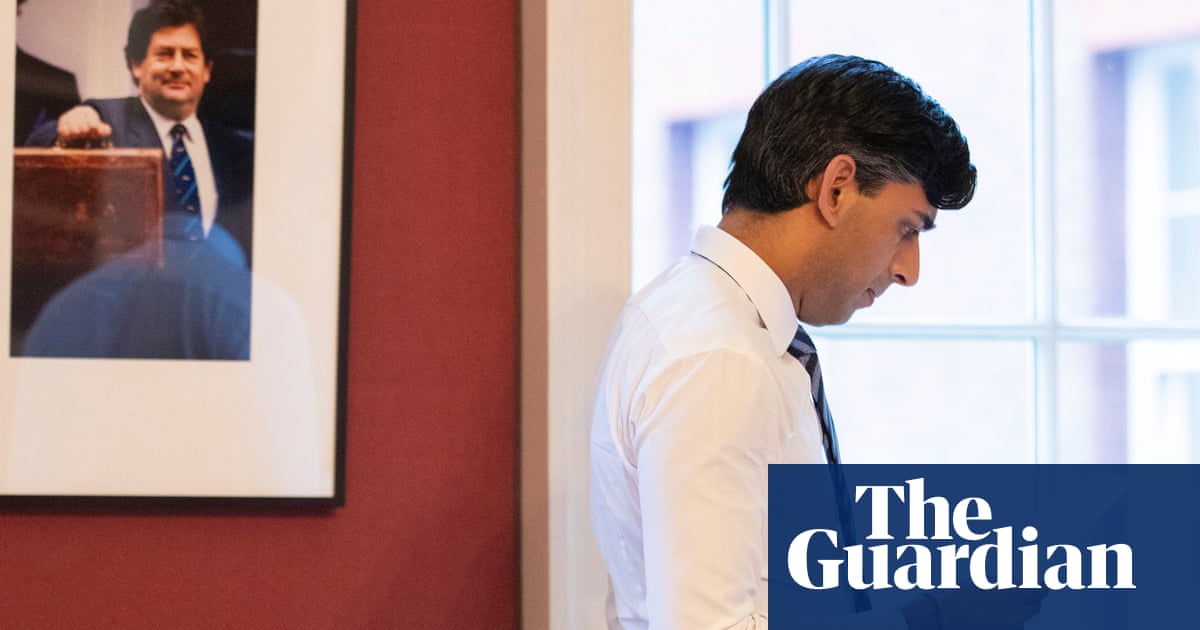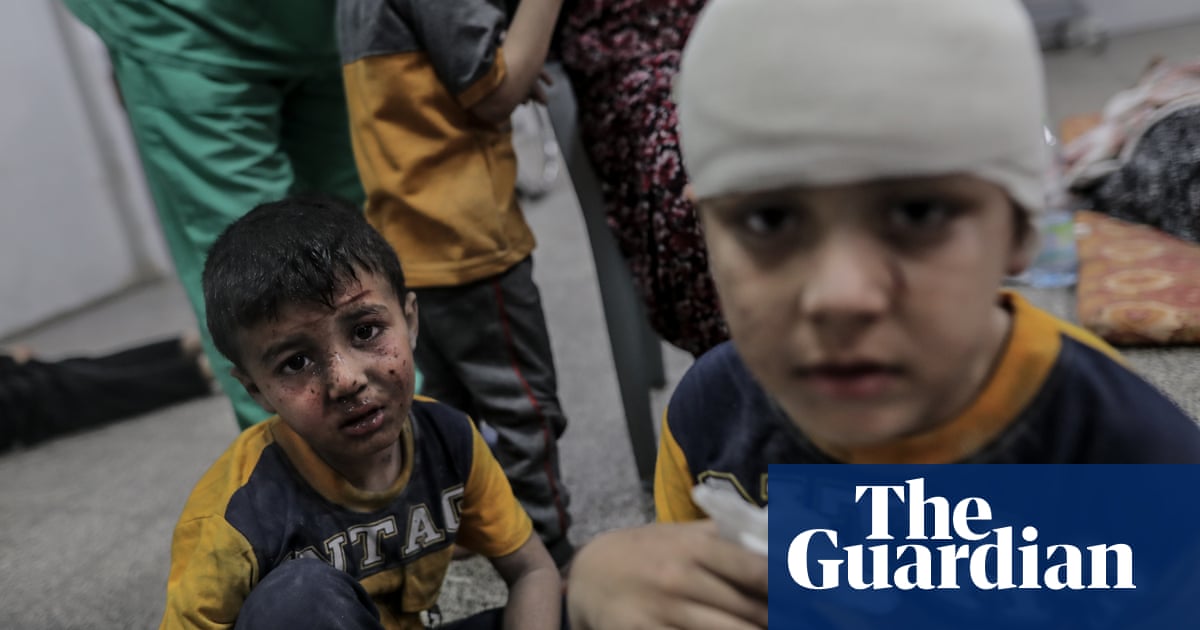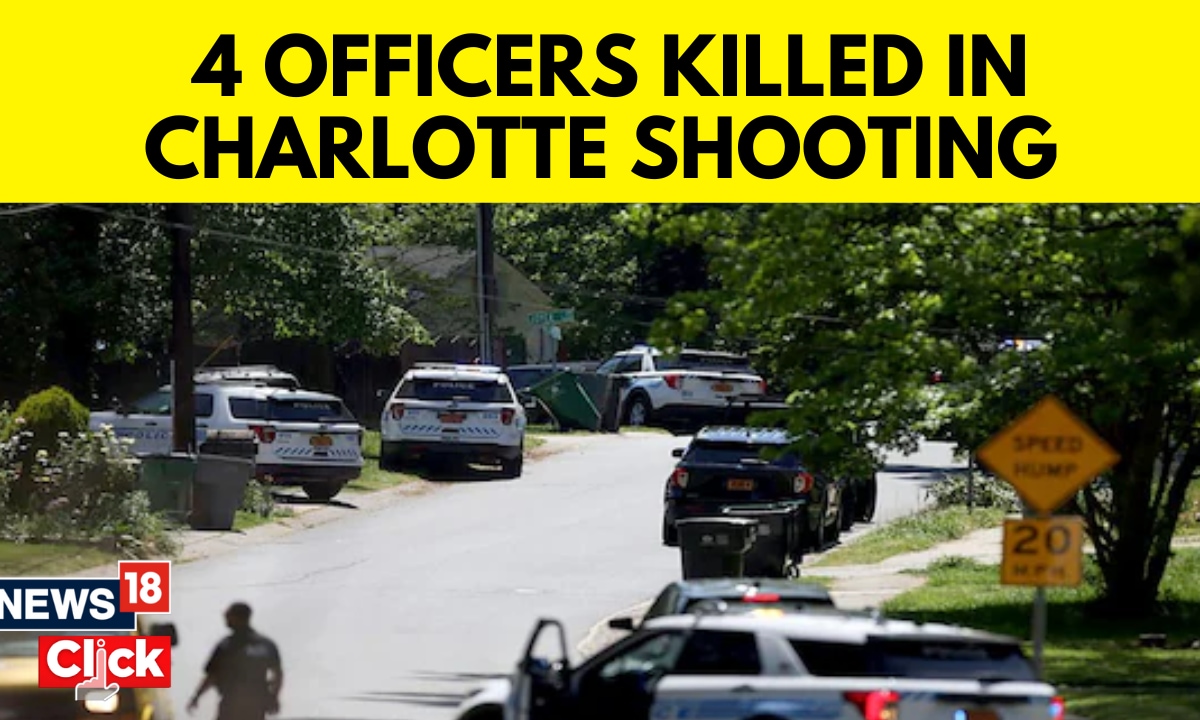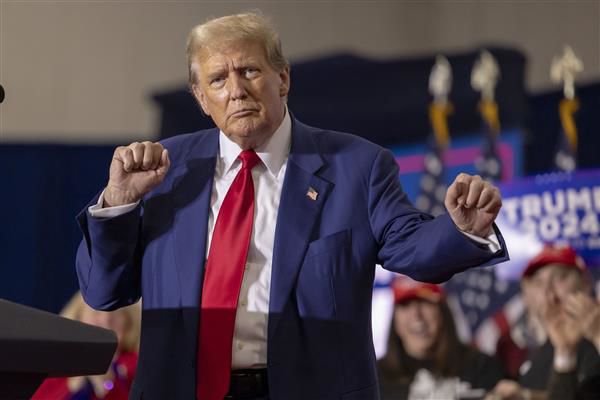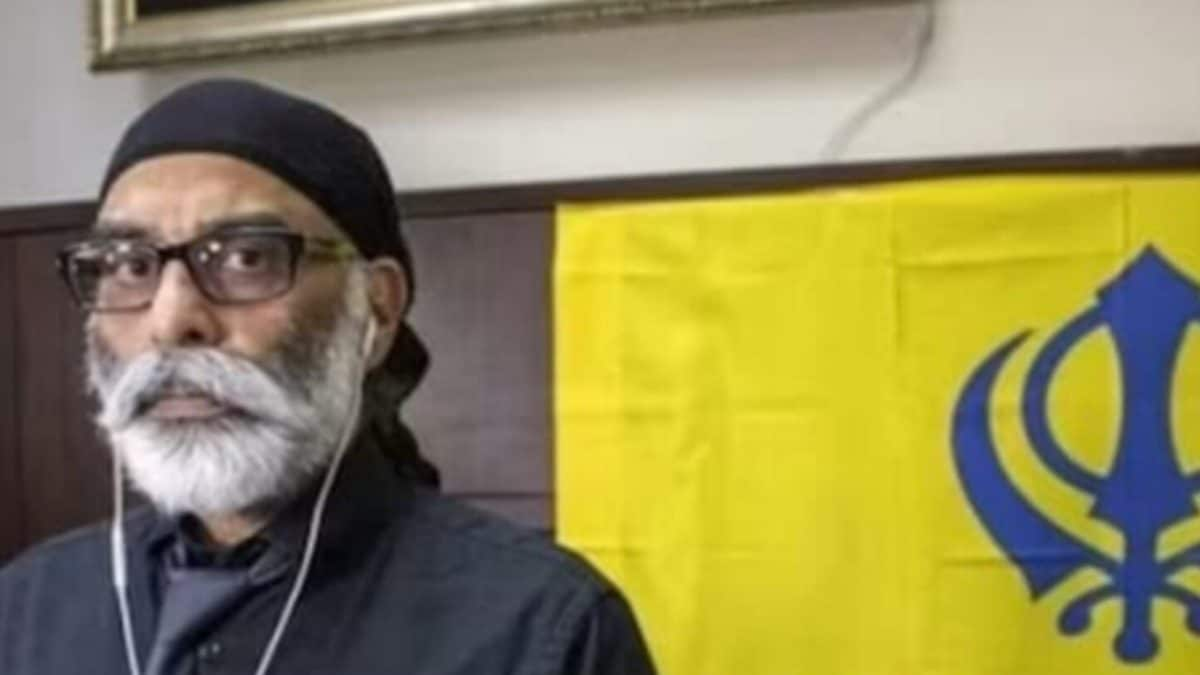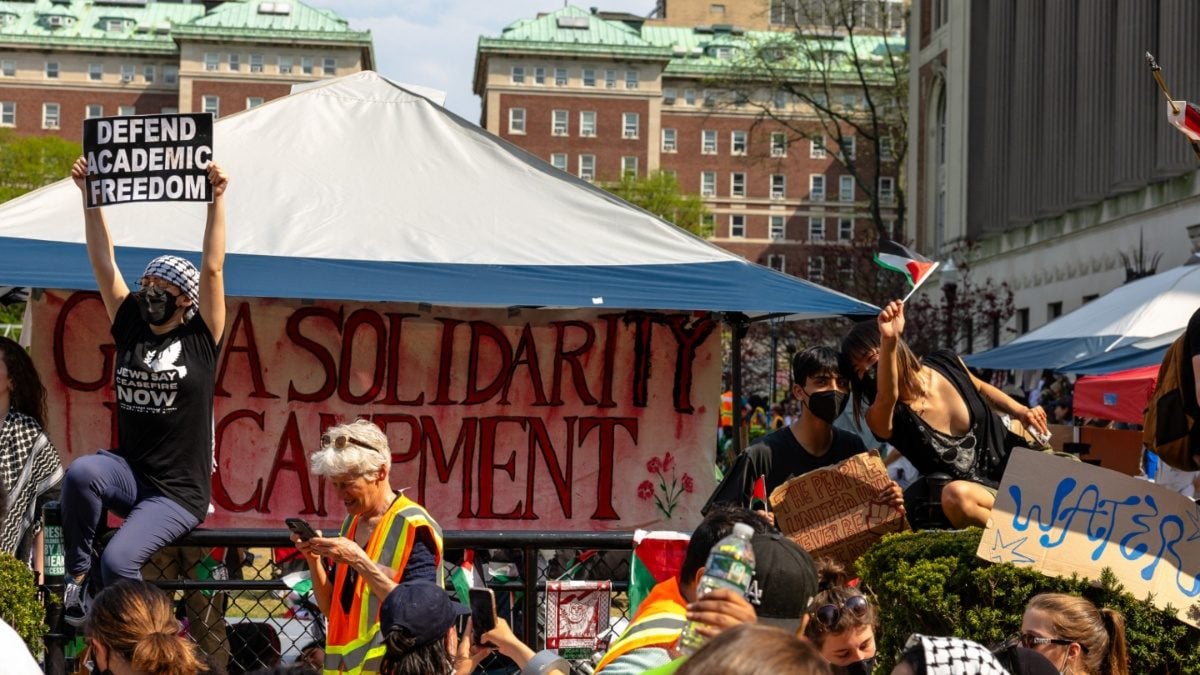Russia denies that Ukraine-based groups entered territory
Russia’s FSB security service denied on Tuesday that Ukraine-based armed groups had managed to break across into Russian territory, the RIA news agency reported.
Russia said its force prevented crossborder incursions from Ukraine on Tuesday and forced the attackers to retreat with significant losses, Russia’s defence ministry said in a statement.
Earlier, at least two Ukraine-based armed groups purporting to be made up of Russians opposed to the Kremlin said they launched an incursion across Russia’s western border.
Reuters could not independently verify either side’s version of events.
The Russian defence ministry said the attacks took place around 3 am Moscow time (0000 GMT) and used tanks and armoured personnel carriers to target several locations on the Russian side of the border. It said Russian troops used missiles, artillery and air forces to repel the attacks.
Ukraine pounded targets across Russia on Tuesday with at least 25 drones and nine rockets, and the governor of Nizhny Novgorod region said emergency services were fighting a fire at the big NORSI oil refinery there.
Russia’s Kursk nuclear power plant said on Tuesday it was working normally after Ukrainian drone attacks on the region.
Russia’s defence ministry said its forces downed 25 Ukrainian drones over seven different regions.
Separately, the TASS news agency cited the FSB as Russian forces had killed 100 people and destroyed multiple armoured vehicles destroyed when fighting off attempted incursions.
The Kremlin added that the Russian military is doing everything necessary with regards to Ukrainian drone and missile strikes on Russian territory and remains on alert.
Key events Show key events only Please turn on JavaScript to use this feature
French President Emmanuel Macron’s Ukraine strategy will be put to a symbolic vote in parliament’s lower house on Tuesday as political tensions rage in the run-up to June’s European Parliament elections.
AFP reports:
Following a debate, the Assembly lower house will hold a non-binding vote on the government’s Ukraine strategy including a bilateral security agreement signed by Macron and Ukrainian leader Volodymyr Zelensky last month.
While the vote will be symbolic, it will give political parties an opportunity to publicly express their positions in relation to Macron’s strategy on the conflict as Russia’s invasion of Ukraine stretches into its third year.
After a meeting between the president and party leaders last week, some of them said Macron’s stance on Ukraine had caused concern.
With the support of the conservative Republicans party (LR), the outcome of the vote could offer backing to Macron’s strategy.
In France’s polarised political landscape, Russia’s war against Ukraine has emerged as a major hot-button topic.
Macron has been seeking to hammer home the importance of greater support for Ukraine, which is running out of ammunition, insisting that Europe’s security is at stake.
The situation in the Black Sea has eased for the German fleet, the VDR shipowners’ association said, adding German ships that were stuck there have been already released.
VDR also said there were some 2,000 Ukrainians and roughly 3,000 Russian sailors in the German merchant fleet and shipping companies were having trouble paying the Russians due to sanctions.
Russia denies that Ukraine-based groups entered territory
Russia’s FSB security service denied on Tuesday that Ukraine-based armed groups had managed to break across into Russian territory, the RIA news agency reported.
Russia said its force prevented crossborder incursions from Ukraine on Tuesday and forced the attackers to retreat with significant losses, Russia’s defence ministry said in a statement.
Earlier, at least two Ukraine-based armed groups purporting to be made up of Russians opposed to the Kremlin said they launched an incursion across Russia’s western border.
Reuters could not independently verify either side’s version of events.
The Russian defence ministry said the attacks took place around 3 am Moscow time (0000 GMT) and used tanks and armoured personnel carriers to target several locations on the Russian side of the border. It said Russian troops used missiles, artillery and air forces to repel the attacks.
Ukraine pounded targets across Russia on Tuesday with at least 25 drones and nine rockets, and the governor of Nizhny Novgorod region said emergency services were fighting a fire at the big NORSI oil refinery there.
Russia’s Kursk nuclear power plant said on Tuesday it was working normally after Ukrainian drone attacks on the region.
Russia’s defence ministry said its forces downed 25 Ukrainian drones over seven different regions.
Separately, the TASS news agency cited the FSB as Russian forces had killed 100 people and destroyed multiple armoured vehicles destroyed when fighting off attempted incursions.
The Kremlin added that the Russian military is doing everything necessary with regards to Ukrainian drone and missile strikes on Russian territory and remains on alert.
UN nuclear watchdog chief Rafael Grossi has said there is no direct safety issue from Ukrainian staff being barred from accessing the Russian-occupied Zaporizhzhia nuclear power plant, which Ukraine has called a “grave concern”.
Atomic Energy Agency (IAEA) chief Grossi said in an interview with Reuters:
The situation is not sustainable in the long term. At the same time, in the present configuration in shutdown, the staff that is there can do the job.
He responded: “Not directly” when asked whether there were any safety issues arising from the staff who are banned from the plant.
The Zaporizhzhia nuclear power plant, formerly controlled by Ukrainian state-owned company Energoatom, was seized by Russian forces during its invasion of Ukraine two years ago and continues to be on the frontline of the war.
Last week, the IAEA’s Board of Governors voted to demand Russia withdraw from the plant and that it be returned to the control of Ukrainian authorities.
Although some Ukrainian staff currently work alongside Russians to operate the plant, some Ukrainians have been barred from the plant for refusing to sign new Russian contracts.
Grossi has put the number of holdouts at around 100. Ukrainian Energy Minister German Galushchenko has said that was “another Russian lie” and the real number was 380, adding that the lack of staffing meant the situation was “moving to (a) nuclear accident”.
“This is a matter of a bit of subjectivity,” Grossi said on Tuesday when explaining the discrepancy of the numbers.
The comments came after Grossi met with Russian President Vladimir Putin on Wednesday to discuss the Zaporizhzhia nuclear power plant, among other issues.
Grossi said Putin confirmed his cooperation in ensuring the safety of the plant during their talks.
The IAEA gave a technical assessment of the current situation at the Zaporizhzhia plant and discussed potential future plans for restarting it given its current condition, Grossi said, without elaborating on further details.
US President Joe Biden is meeting Poland’s president and prime minister today to show solidarity for Ukraine in its battle against Russian invaders and discuss ways to increase funding for Nato against the ongoing threat from Moscow.
The meeting at the White House between Biden and Polish President Andrzej Duda and Prime Minister Donald Tusk comes amid a campaign by Biden to overcome Republican hardliners in Congress who are stalling $95 billion for Ukraine weaponry and aid to Israel.
Noting the three leaders will coordinate ahead of the annual Nato summit, to be held July 9-11 in Washington, the White House said:
The leaders will reaffirm their unwavering support for Ukraine’s defense against Russia’s brutal war of conquest.
A White House official said the three leaders would celebrate the 25th anniversary of Poland joining Nato and will discuss “deepening our defence relationship which has grown closer over the past two years since Russia’s invasion of Ukraine.”
Duda set the stage for the talks by writing an opinion article for the Washington Post calling for each Nato ally to increase defence spending from 2% to 3% of GDP because Russian President Vladimir Putin has switched the Russian economy to war mode and is allocating 30% of the annual budget to arm itself.
He wrote:
A return to the status quo ante is not possible. Russia’s imperialistic ambitions and aggressive revisionism are pushing Moscow toward a direct confrontation with NATO, with the West and, ultimately, with the whole free world.
The main crude distillation unit (AVT-6) at Russia’s NORSI refinery is damaged which means that at least half of the refinery’s production is halted, industry sources have told Reuters.
European Union leaders will back a change to the lending policy of the European Investment Bank, so that the huge European government-owned lender can finance defence projects, draft conclusions of the leaders’ summit next week say.
The executive European Commission called on the EIB last week to change its lending policy, which now explicitly excludes lending for purely military projects, to help Europe ramp up its defence production following Russia’s invasion of Ukraine.
But some EU governments, especially neutral countries, have been reluctant, concerned that financing defence could hurt the EIB’s top credit rating and not address the problem, which they say is not a lack of funding, but of long-term contracts.
The draft conclusions, seen by Reuters, say:
Increasing defence readiness will contribute to enhancing the Union’s sovereignty and will require additional efforts to ... improve the European defence industry’s access to public and private finance, including through the European Investment Bank by inter alia reconsidering the definition of dual use goods and the defence industry lending policy.
Ukraine-based armed groups, purporting to include Russians, say they have launched incursion into Russia
At least two Ukraine-based armed groups purporting to be made up of Russians opposed to the Kremlin launched an incursion across Russia’s western border on Tuesday, according to their social media pages.
The Freedom of Russia Legion and the Siberian Battalion both announced on their Telegram pages that they had launched attacks into Russia from Ukraine.
The Freedom of Russia Legion said in its Telegram post:
We will take our land from the regime centimetre by centimetre.
Reuters could not independently verify the claims.
Russian officials could not be immediately reached for comment on the claims on Tuesday.
In the past, Russian officials have cast the groups as puppets of the Ukrainian military and US Central Intelligence Agency, which Moscow says is trying to foment chaos in Russia.
Andriy Yusov, a spokesperson for Ukraine’s military intelligence, told Ukraine’s 24 Channel the groups were conducting the operation on Russian territory independently of Ukraine.
Yusov said a third group, the Russian Volunteer Corps, was also participating in the operation.
The legion’s post appeared to refer to the upcoming Russian election, which will take place this weekend, stating:
The people will vote for whom they want, not for whom they have to. Russians will live freely.
The Freedom of Russia legion and the Russian Volunteer Corps have previously claimed responsibility for other cross-border raids into Russia from Ukraine.
Russia, China and Iran have begun joint navy drills in the Gulf of Oman, Russia’s defence ministry said, adding that the exercise focused on protection of maritime economic activity.

Rachel Hall
Hello and welcome to the Guardian’s live coverage of the war in Ukraine.
A fleet of Ukrainian drones has targeted Russia, causing explosions and fires at fuel refineries, cutting electricity supplies and reaching Moscow and beyond, according to reports from Russian authorities.
Russian fuel facilities in Oryol and Nizhny Novgorod regions were on fire on Tuesday after drone attacks, local governors and media said. Air defence systems reacted to 25 drones launched by Ukraine over several Russian regions, RIA state news reported, citing Russia’s defence ministry. It was not immediately clear whether all the drones were destroyed.
Nizhny Novgorod is nearly 1,000km from the Ukrainian border and lies about 400km to the east of Moscow. Oryol is about 150 kilometres from the Ukrainian border.
Reuters reports that at least two Ukraine-based armed groups purporting to be made up of Russians opposed to the Kremlin launched an incursion across Russia’s western border on Tuesday, according to their social media pages.
The Freedom of Russia Legion and the Siberian Battalion both announced on their Telegram pages that they had launched attacks into Russia from Ukraine, though the news agency could not independently verify the claims.
In other key developments:
The international Red Cross movement is under pressure to take action against the Russian Red Cross (RRC) over close links between the group and the Kremlin’s war and propaganda machine.
Russian troops’ advance in Ukraine “has been stopped”, according to Volodymyr Zelenskiy, with the situation along the front at its best in three months. Zelenskiy, in an interview with France’s BFM television, said Ukraine had improved its strategic position despite shortages of weaponry, but suggested the situation could change without new supplies.
It comes after Russia captured Avdiivka and then advanced into nearby villages. In the past week, Ukraine’s military has been saying that Russian forces are no longer advancing and Ukrainian troops have improved their position. Zelenskiy noted Ukrainian shootdowns of Russian warplanes and sinking of targets in the Black Sea. “We have recovered in our situation in the east.”
The EU is pushing to fast-track to Ukraine €2bn-€3bn this year in profits from frozen Russian assets, the Financial Times has reported.
China is providing economic and security assistance to the Vladimir Putin’s war effort by supporting Russia’s industrial base, according to an annual assessment by US intelligence agencies.
Josep Borrell, the EU’s top diplomat, has called for Europe to boost its defence production. CNN has reported that Russia is producing about 250,000 artillery shells a month, or about 3 million a year, in contrast to the US and Europe, which together can generate about 1.2m annually for Ukraine, according to a senior European intelligence official.
Ukraine summoned the Vatican’s envoy to Kyiv after Pope Francis suggested Ukraine should consider raising “the white flag” against Russia. “Due to the statements of Pope Francis the Apostolic Nuncio was invited to the ministry of foreign affairs of Ukraine,” the ministry said, adding the envoy, Visvaldas Kulbodas, was told Kyiv was “disappointed with the words of the pontiff regarding the ‘white flag’.”

 1 month ago
1 month ago
